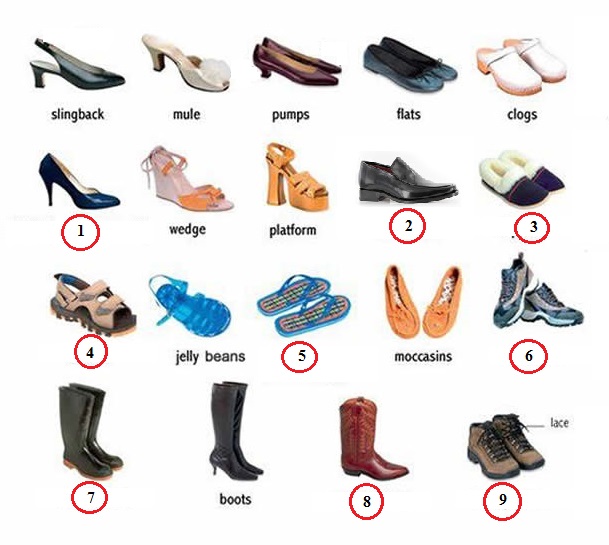Hi guys,
You can now download the 2017 questions for writing task 2 as a pdf file. Please don’t forget that these essays questions have been reported by students and are written as accurate as they can remember. Make sure you prepare ideas for all topics. Questions might change but topics can be repeated.
Follow this link and you will find the download at the bottom of the page: IELTS Writing Task 2 Qs 2017
Good luck to you all !!
Liz






